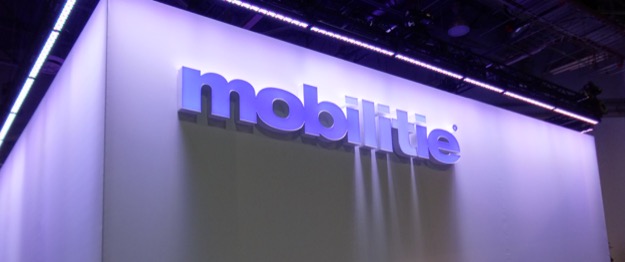Unless it's AT&T or Verizon, telco capital investment is at life support levels

As with subscriber numbers, there’s a big gap between the two biggest telcos in the U.S. – AT&T and Verizon – and the rest of the field when it comes to capital spending. Both companies are planning multi-billion dollar investments in their networks in 2018, according to a story by Sean Buckley in FierceTelecom, with AT&T planning to spend $25 billion on capital upgrades in 2018, while Verizon is looking at the $17 billion to $18 billion range.… More

![By Brocken Inaglory (Own work) [CC BY-SA 3.0 (https://creativecommons.org/licenses/by-sa/3.0) or GFDL (http://www.gnu.org/copyleft/fdl.html)], via Wikimedia Commons](https://www.tellusventure.com/images/2018/4/golden_gate_bridge_night_625.jpg)

![By Slowking4 (Own work) [GFDL 1.2 (http://www.gnu.org/licenses/old-licenses/fdl-1.2.html)], via Wikimedia Commons](https://www.tellusventure.com/images/2018/1/open_internet_dont_tread_on_me.jpg)

![By 401(K) 2012 [CC BY-SA 2.0 (https://creativecommons.org/licenses/by-sa/2.0)], via Wikimedia Commons](https://www.tellusventure.com/images/2017/5/piggy_bank.jpg)

![See page for author [Public domain], via Wikimedia Commons](https://www.tellusventure.com/images/2018/4/box_of_chocolates.jpg)
![Plazak at English Wikipedia [CC BY 3.0 (http://creativecommons.org/licenses/by/3.0)], via Wikimedia Commons](https://www.tellusventure.com/images/2018/4/packer_memorial.jpg)